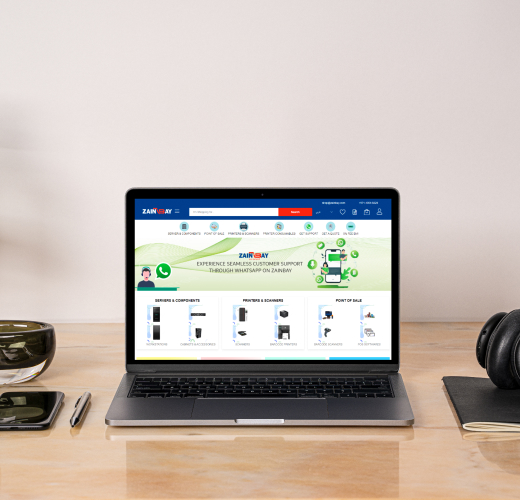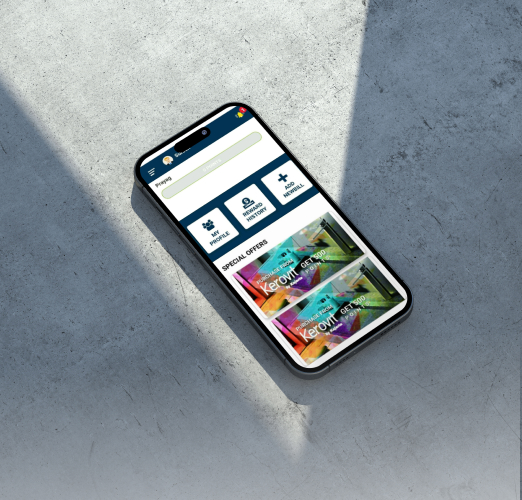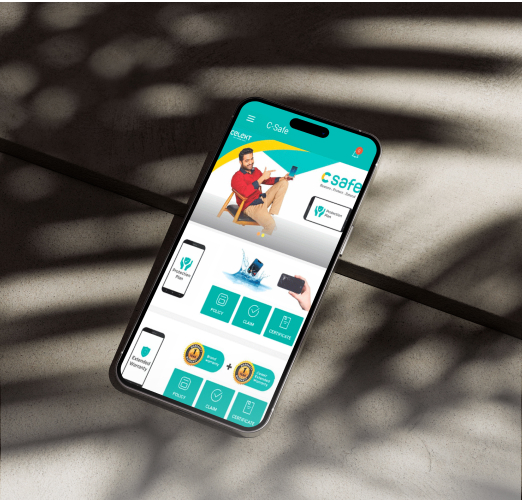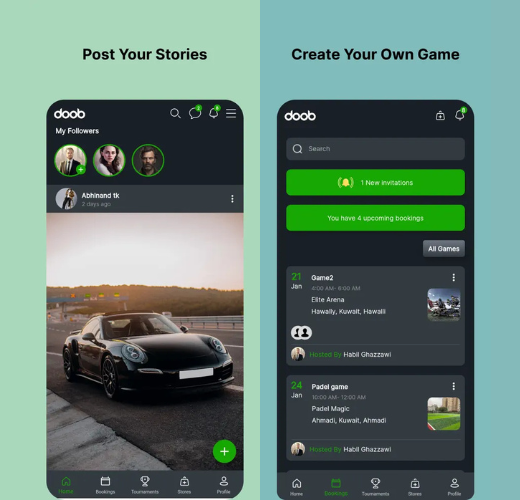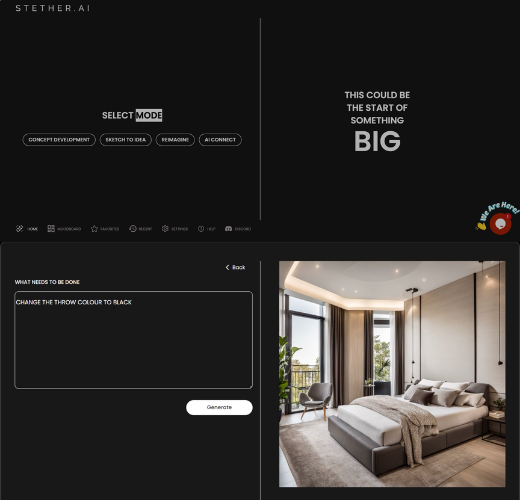What is pwa application and why it is important ?
A Progressive Web App (PWA) is a type of application software delivered through the web, built using common web technologies such as HTML, CSS, and JavaScript. PWAs are designed to provide a native app-like experience to users, including offline functionality, push notifications, and seamless interactions.
Key Attributes of PWAs:
- Responsive: PWAs adapt to various screen sizes, making them suitable for both mobile and desktop users.
- Connectivity-Independent: PWAs can function offline or in areas with low connectivity.
- App-Like Experience: They provide a native app-like feel with smooth animations and interactions.
- Discoverable: PWAs are discoverable via search engines, eliminating the need for app store submissions.
- Secure: PWAs use HTTPS to ensure data security.
Importance of PWAs:
- Accessibility: PWAs can be accessed via a web browser, eliminating the need for users to download and install them from app stores.
- Reduced Friction: Unlike native apps, there's no need to set up Android or iOS stores, reducing the barriers for users to access your application.
- No App Store Approval: PWAs don't require submission and approval processes typical of native app stores, avoiding potential rejection issues.
- Simplified Updates: Users don't need to manually update PWAs; they automatically receive the latest version when connected to the internet.
Example: Consider the PWA version of Twitter. Users can access Twitter's PWA directly through their web browsers without the need to download a separate app. This approach provides a seamless and efficient user experience, avoiding the complexities associated with native app stores.
In summary, PWAs offer a more accessible, user-friendly, and streamlined approach to delivering app-like experiences without the challenges often associated with native app development and distribution.






